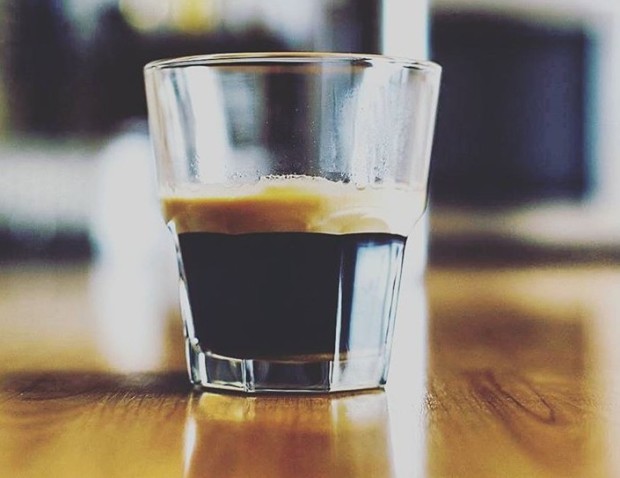It’s almost routine to start your day off with a cup of coffee. And with out fast-paced lives, we often grab what’s available and just stick with it―instant coffee, frapuccinos, you name it.
But do you ever wonder what it takes to make a good cup? We may not notice it but not all coffees taste the same, and not all of them may be up to par to your taste. To know more about this, coffee specialist and owner of SGD Coffee Rich Watanabe gave us a rundown during a Coffee Sensory Workshop.
#1 Beans are better than instant coffee
We’re sorry, instant coffee drinkers (aka, me). Rich says that you get the most flavor by buying a bag of beans and grinding them yourself. This also allows you to inspect the beans for damaged ones—empty shells and cracked ones—and also get an initial idea of the coffee’s taste and aroma. “[Cafés and stores] sell pre-ground coffee so they can hide the defective beans,” Rich tells us. “This is why we always grind the beans here in the café during every order.”
One helpful advice when buying coffee beans is to not base flavor on the aroma. “Don’t buy based on smell because it doesn’t say anything about the taste,” Rich says. This is why it’s important to read where the beans came from and when it was roasted and packed.
#2 Check the density of beans
Aside from smell and smoothness of coffee bean, density is also an indication of flavor. To check this, Rich showed us how to compare two kinds by dropping the beans in separate bowls. If one sounds more high-pitched than the other, then it’s less dense.
Density also says a lot about where the beans were grown. The higher the altitude, the denser the beans would be which will make it more aromatic and acidic. Some examples are Sagada coffee beans and barako from Batangas.
#3 Don’t use an electric blade grinder
“An electric blade grinder toasts the surface of the granule which affects the flavor,” Rich says. He advises using a flatburr grinder which just squeezes the oils out of the beans to get more of the flavor out. Plus, the coffee powder looks finer and more even.
#4 The right way to use a French press
Rich says that you should put 1 tbsp. of coffee for every cup and pour water with a temperature of 98 to 100°C. Once the ground coffee expands in the container, you have to wait 40 seconds before stirring, then wait three minutes before pressing. And voila!
Some things to remember, though: Rich tells us that you should never leave coffee in a French press as it’ll continue extracting the ground coffee. “It’s best to put it in a separate pot if you want to drink it later.” He also adds that you shouldn’t use alkaline or magnesium water else it’ll change the chemical composition of the coffee.
#5 Temperature affects flavor
In the workshop, Rich instructed us to try the coffee while it was hot and when it’s cooled down to room temperature. For example: for me, the Kenya coffee beans tasted smoky when it was hot and it turned a little sour and acidic at room temperature. “When the coffee gets colder, more of the defects show up,” Rich says, noting that some dark-colored beans taste milder than usual and vice versa.
That said, Rich also points out that it’s not normal and healthy if your coffee’s flavor doesn’t slightly change when the temperature changes. Yes, that includes our go-to 3-in-1 instant coffee. Oops.
#6 It’s different for everyone
“Everyone has a different sensory experience,” Rich says. “You might be more sensitive to sour that’s why you taste sour [when drinking coffee.]” This is also a helpful tip for baristas to not “sell the same taste to everyone [because] one may think it’s amazing, another might think it’s not.”
But if you really want to challenge your palate on the different flavors, Rich says that aspirating can help. With this, you might taste fruity undertones and other flavors that you might not taste when you just gulp it down.
Photo courtesy of SGD Coffee’s Instagram account
Follow Preen on Facebook, Instagram, Twitter, Snapchat, and Viber
